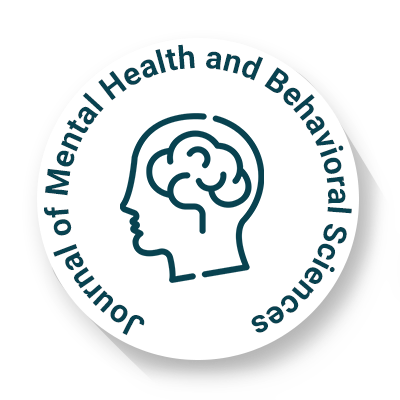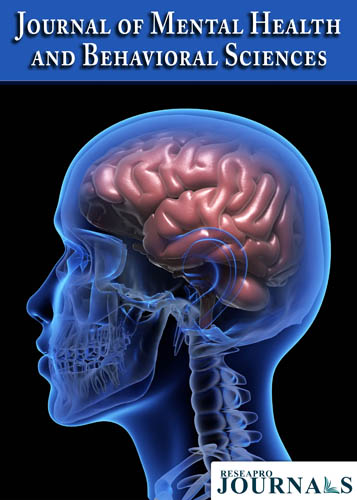
Journal of Mental Health and Behavioral Sciences
OPEN ACCESS

OPEN ACCESS

Department of Biotechnology, Utkal University, Odisha, India
Online gaming addiction, characterized by compulsive engagement and impaired self-regulation, negatively affects personal, social, and academic functioning. It involves psychological mechanisms such as operant conditioning through reward systems and maladaptive emotional regulation. Neurobiologically, gaming addiction is linked to dopamine dysregulation, impairing impulse control and emotional regulation. Social factors, including virtual communities and in-game incentives, further sustain addictive behaviours. ICDs, such as pathological gambling and kleptomania, share overlapping characteristics with gaming addiction, including deficits in impulse control and reward-processing dysfunction. Both conditions involve diminished activity in brain regions such as the prefrontal cortex, exacerbating compulsive behaviours. High impulsivity is a predictor of both disorders, with individuals seeking immediate gratification despite long-term negative consequences. The review highlights that existing research lacks longitudinal studies and cross-cultural insights, limiting the understanding of addiction trajectories and the effectiveness of interventions. Emerging technologies, such as virtual and augmented reality, present additional challenges by intensifying immersion and escapism, requiring further investigation. Effective treatment strategies include cognitive-behavioral therapy (CBT) to restructure thoughts and develop healthier behaviours. Pharmacological interventions, such as selective serotonin reuptake inhibitors (SSRIs), are also used to address co-occurring conditions like anxiety and depression. Integrated approaches involving family therapy and impulse control training are essential for addressing both gaming addiction and ICDs comprehensively. Future research should focus on readning diagnostic frameworks, developing culturally relevant interventions, and exploring the interplay between gaming addiction and ICDs to enhance public health strategies.
Received 14 October 2024; Revised 15 November 2024; Accepted 22 November 2024
Department of Biotechnology, Utkal University, Odisha, India